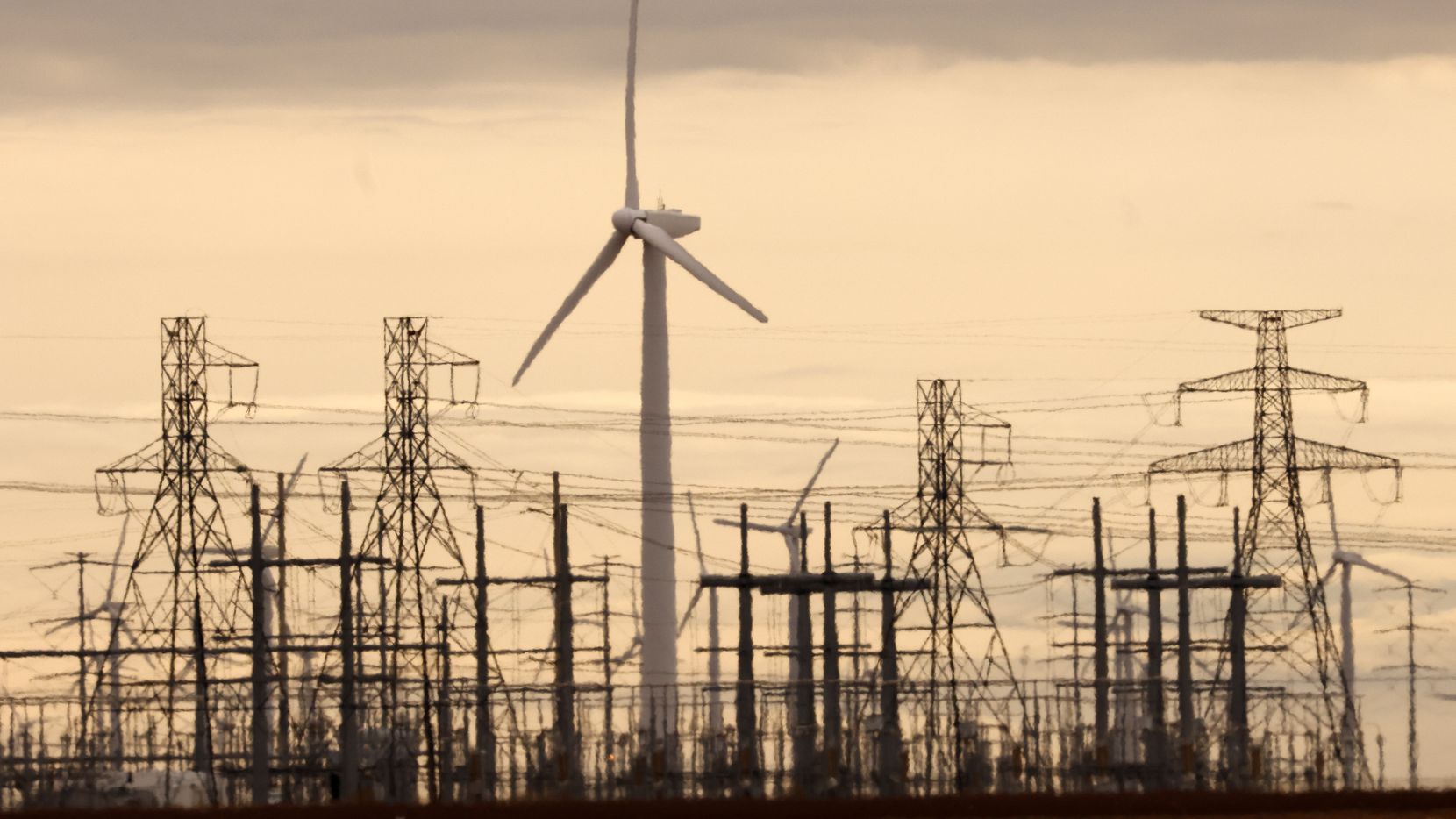Good news, Texas: Reducing greenhouse gas emissions can help the state’s economy meet our needs and the desires of our investors and customers. Our research shows that decarbonizing is good for business and the environment.
During the past 2 1/2 years, we conducted an extensive analysis that examined different pathways to get Texas to net-zero greenhouse gas emissions by 2050. We made several important conclusions.
First, there are many ways to get the Texas economy to net-zero.
Second, doing so has important economic benefits such as GDP growth and job creation.
Fourth, the oil and gas industry has a place in a low-carbon future.
These are exciting conclusions because they are yet more proof that Texas can play a leadership role as the world’s economy decarbonizes.
For a state that has made a lot of money not caring about carbon emissions, it is natural to fret that our prosperity will suffer if Texas starts to care about carbon emissions. However, our research arrives at the same conclusion as other objective third parties who have studied national decarbonization: that simply doesn’t need to be the case.
Getting to net-zero requires several steps: cleaner fuels, higher efficiency, electrification, hydrogen and carbon management. The Texas power market is already quickly replacing coal with natural gas, wind and solar as those cleaner options are cheaper and abundant in Texas.
Doing so reduces CO2 emissions from the power sector. And this means that if we use the cleaner power sector to electrify other activities such as transportation and industrial processes, those sectors’ emissions will also drop. In addition, electric motors and heat pumps are more efficient than gasoline engines and gas furnaces, so electrification reduces the energy we need in Texas despite a growing economy and population.
For the parts of the economy that are hard to electrify, we can use cleaner fuels such as hydrogen. Hydrogen can also be used as a carrier for industrial heat and as a building block for chemicals and other materials.
Carbon scrubbers at the smokestacks, machines that remove CO2 from the air, and multiple carbon management technologies, including land management, can mitigate the remaining emissions from gas-fired power generation.
The economic benefits from avoiding costly air pollution and investing in the deployment of so much infrastructure mean the economy will grow and create jobs. In future scenarios that focus on hydrogen and carbon management, these industries might be excellent job creators. New technology allows the oil and gas industry to pivot into the hydrogen and carbon industry. Doing so leverages the highly-skilled capabilities of Texas’ energy incumbents to the benefit of us all.
But why should we care and go to all this trouble? Because our customers care. Whether Texas accepts the risk of climate change or not, consumers worldwide are looking for goods and services that have a lower carbon footprint. Reducing our CO2 emissions will give us a competitive advantage and retain our global energy leadership. If we ignore our customers’ requirements to clean up our act, they will look elsewhere.
Just because we’re energy leaders today doesn’t guarantee that will always be the case. We compete with cities, regions, and countries globally that would happily take that leadership role away from us. It would be silly for us to give them that opportunity.
By nimbly adjusting for the economy of the future rather than digging in to protect the legacy of our past, we can maintain our leadership role and harness the economic gains that come with it. As our research shows, not only are we capable of getting our economy to net-zero emissions, but it’s the right thing to do. And time is of the essence.
Isabella M. Gee is a research associate and Michael E. Webber is a professor of energy resources at the University of Texas at Austin. They are co-authors of a newly released report, “Don’t Mess With Texas: Getting the Lone Star State to Net-Zero by 2050.” They wrote this column for The Dallas Morning News.
The report was funded and supported by the Cynthia and George Mitchell Foundation, the Energy Foundation, The Meadows Foundation, and Catena Foundation. The authors are from the University of Texas at Austin, Colorado-based Vibrant Clean Energy, and the University of Colorado, Boulder.


NEWS
Hide Full Index
Show Full Index
View All News